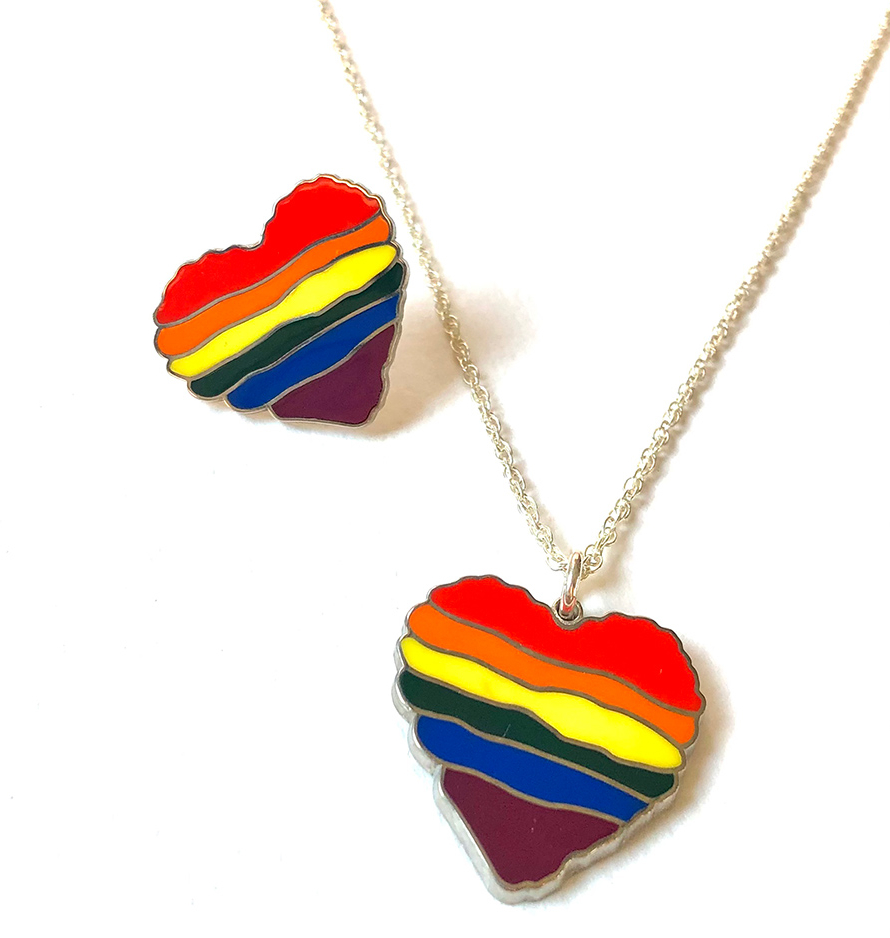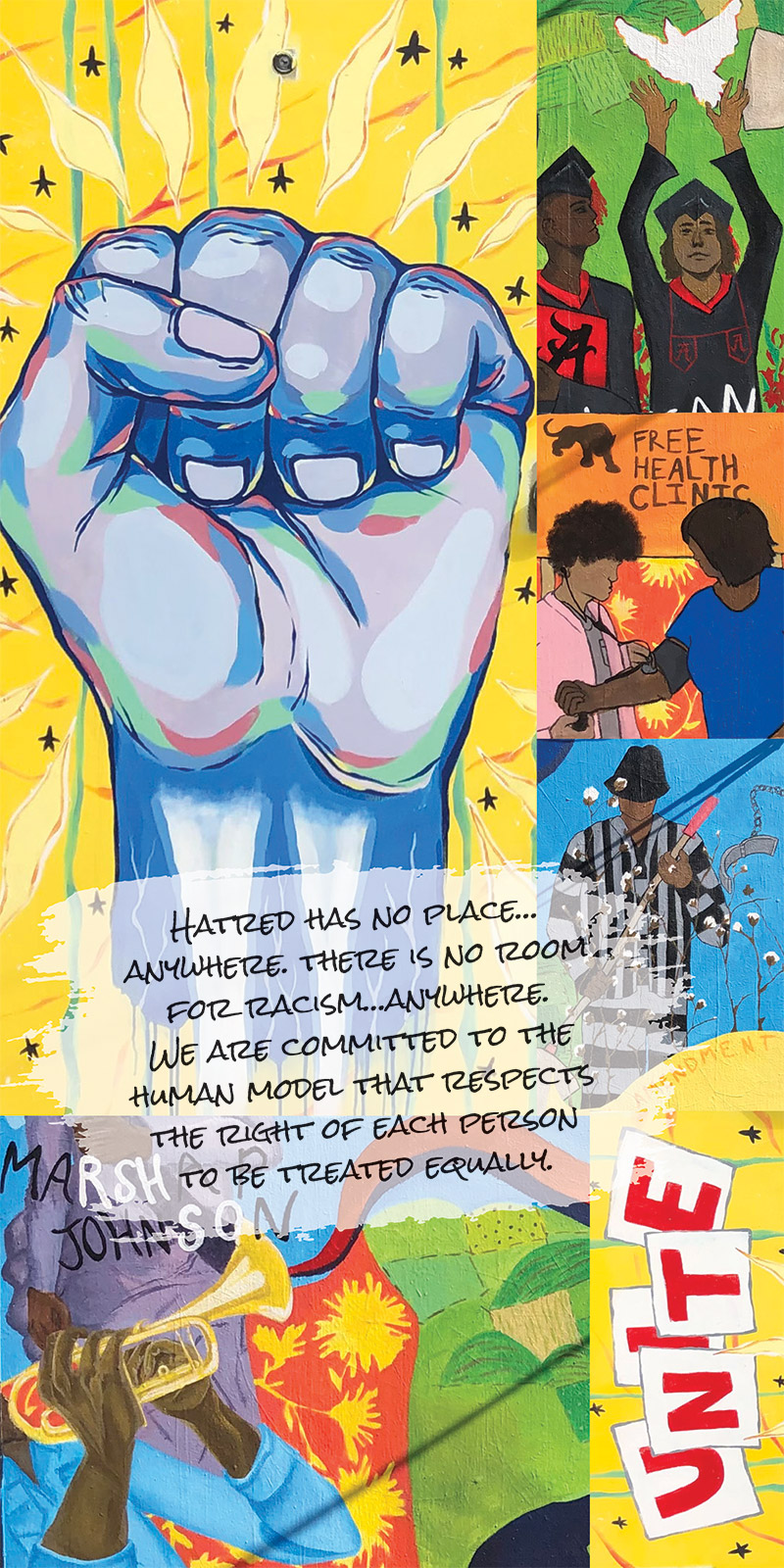
Publicly taking a stand on social issues might alienate customers who don’t share your views. But some retailers and designers say it’s worth the risk.
You’re tuned in to the culture. You read the headlines. And whether you’re watching the 10 o’clock news or your niece’s TikTok videos, you know that social issues—abortion legislation, gun control, LGBTQIA rights, book banning, the climate crisis, environmental destruction, systemic racism, and war in the Middle East—are divisive, controversial, and often unavoidable. So where do such topics fit into your interactions with customers, especially on your social media channels? Are the issues so fraught (and depressing) that you’re better off keeping all aspects of your business politically agnostic?
The safe approach is obvious: Don’t go there under any circumstances.
“You open yourself up to a lot of attacks, because the world is so polarized right now,” says Tracy Matthews, who works as a jewelry business coach and brand consultant through her Phoenix–based company Flourish & Thrive Academy.
Faith Marcus, a Los Angeles–based consultant specializing in luxury jewelry brand development, growth, and creative services, agrees. “Jewelers are in business to make people look good, feel good, feel beautiful, and feel empowered—jewelry should be happy and uplifting.
“These [social issues] are all very loaded topics, and I would urge companies to ask themselves, ‘Will this resonate with my audience?’” she adds. “Even if you offend somebody unintentionally, you risk losing a customer or potentially not gaining a customer because of your stance. Why would you take a risk unless the financial loss is not a big deal to you?”
Fair enough. But some jewelers and brands would argue the opposite—that raising these topics in your interactions with customers and finding ways to communicate your values before letting them draw their own conclusions might actually be a good idea.
The Issue Customers Do Want to Discuss
The sensitive topic every retailer should feel free to discuss with clients? Ethical sourcing and the “S-word” (sustainability!)—even if no one is supposed to say it anymore. Recent research conducted by De Beers Group reveals that 40% of Gen Zers are seeking information about ethical diamond credentials.
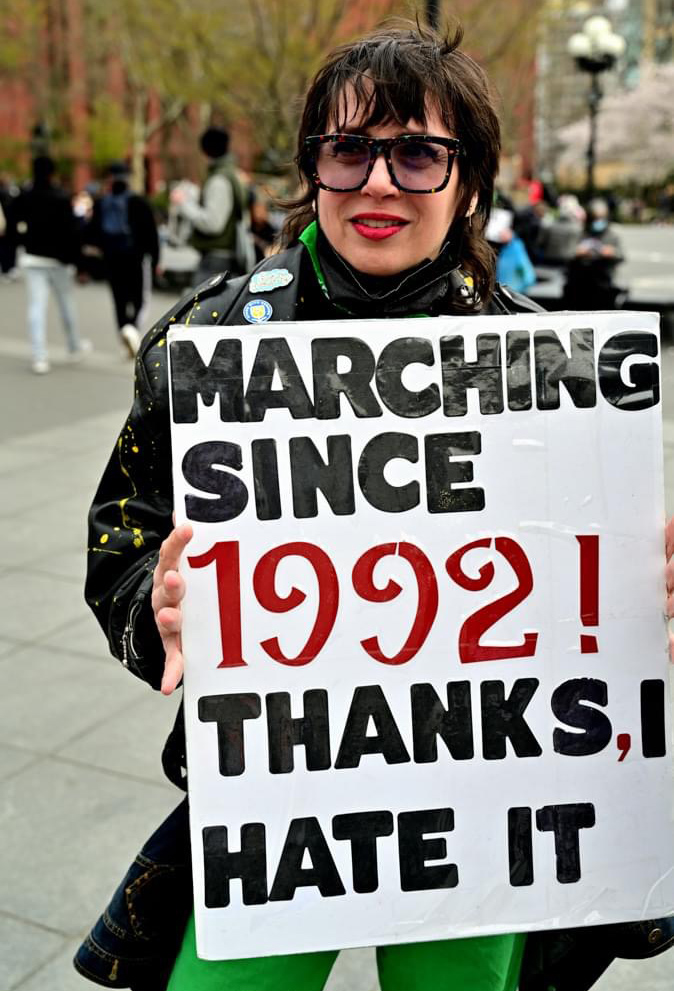
In that light, openly discussing the subject of a gem’s origin—and how it was procured —seems apropos, but even so, “it’s very tricky when retailers or designers or brands try to message these issues,” says Christina Malle, a New York City–based jewelry designer and president of Ethical Metalsmiths. “And sometimes the discussion is buried deep under the FAQs at the bottom of their website that very few people will see.”
One way to “talk” to your clients about all things environmental and ethical is to include an easily accessible section on your website’s navigation bar. Malle says titles like “Our Values” or “Discover” work well. “I like ‘Discover’ because you can go into values about environmental impact, impact on people, and transparency [all in one spot], segment them out, and let people choose the topic they’re most interested in.”
If you’re not yet comfortable talking with customers about diamond sourcing and transparency—or if getting too specific on the particulars might expose vulnerabilities in the rest of your inventory—there are other ways to communicate that, as a business, you’re on board with protecting and preserving the earth.
For example, make paper receipts optional. Offer QR codes in lieu of business cards as a way to share your contact info. Switch to energy-efficient lightbulbs—the jewelry industry uses lots of lights!—and let your customers know you’re making the switch. Invite them to return their purchases’ packaging for reuse or recycling. Or even host an event where people bring in their unused jewelry “for something like the Radical Jewelry Makeover,” Malle says. “These are small steps, but perhaps any step is better than no step at all.” (Radical Jewelry Makeover is a jewelry recycling project that places discarded or unwanted jewelry in the hands of students and designers for repurposing as a new jewel.)
Plus, being a collection point for recyclables is “a great way to invite young people into your store—they’re looking for an invitation to come in—and they don’t have to buy anything,” Malle says. “Anything you do that is about connection—human-driven or event-driven—is probably a lot more impactful than an Earth Day post on social media.”
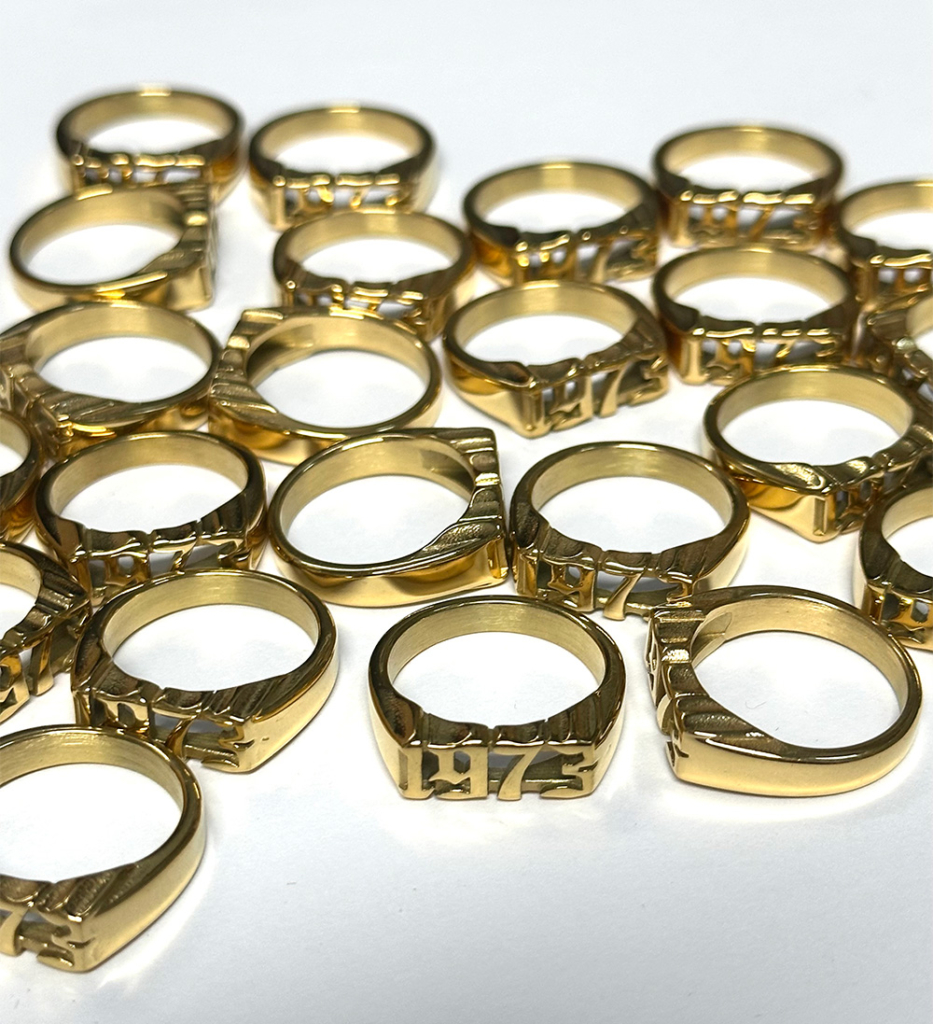
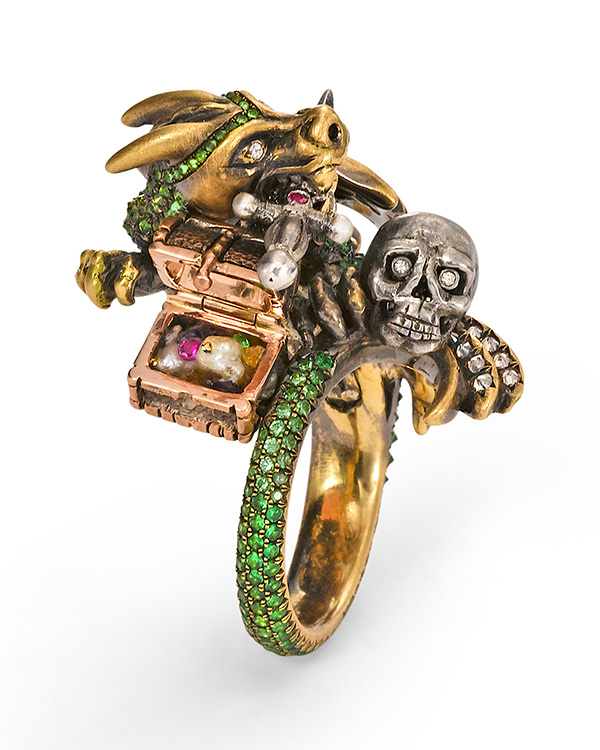
Neutrality: Not Always Good Policy
When it comes to communicating your stance on the issues, some designers say that during an emergency, their moral priorities can outweigh business concerns. “Sometimes neutrality becomes impossible. If you’re silent—or even just oblivious—at a time of enormous harm, what does that say about you?” says Wendy Brandes, a jewelry designer and social activist in New York City. Brandes’ activism touches on many social issues, from abortion rights to climate justice, and most recently, the Israel–Hamas war. The crisis has divided many in the jewelry industry and Brandes has been one of the most outspoken voices in response to it. “I’m a member of Rise and Resist, an activist group whose mission statement includes the rejection of state-sanctioned violence, bigotry, and systemic discrimination,” she says. “I couldn’t live with myself if I made any exceptions.”
John Petersen, who owns the Maine–based kids’ jewelry brand Gunner & Lux with his 11-year-old daughter Riley, likewise cautions against being neutral, particularly in the face of human rights attacks (JCK spoke with Petersen prior to Oct. 7, when Hamas attacked Israel).
“Now is not the time to play it safe and sit on the sidelines,” he says. “As a person or a business, how do you not want to change things? If there’s something that you can do to help a [marginalized or minority] group of people, I just don’t know why you wouldn’t do that.
“And you can’t play to both sides—take a look at what happened to Target,” Petersen adds. “We’re a gay family, and if we lose a follower or a customer because they’re anti-gay, those aren’t really customers that I want wearing our jewelry.”
Gunner & Lux was founded in 2015. From the get-go, Petersen was open about the fact that he and his husband adopted Riley and that the company regularly uses proceeds from sales to support causes such as The Trevor Project (focused on suicide prevention for LGBTQ young people) and Planned Parenthood. (Gunner & Lux’s 1973 ring, created in support of Roe v. Wade and priced at $20, is now on its fourth reorder, according to Petersen.)
The brand is up to 111,000 Instagram followers. Are vicious detractors sliding into their direct messages? For sure. But “when we get someone genuinely saying, ‘I don’t understand your point of view,’ I’m happy to respond with links and answer questions,” Petersen says.
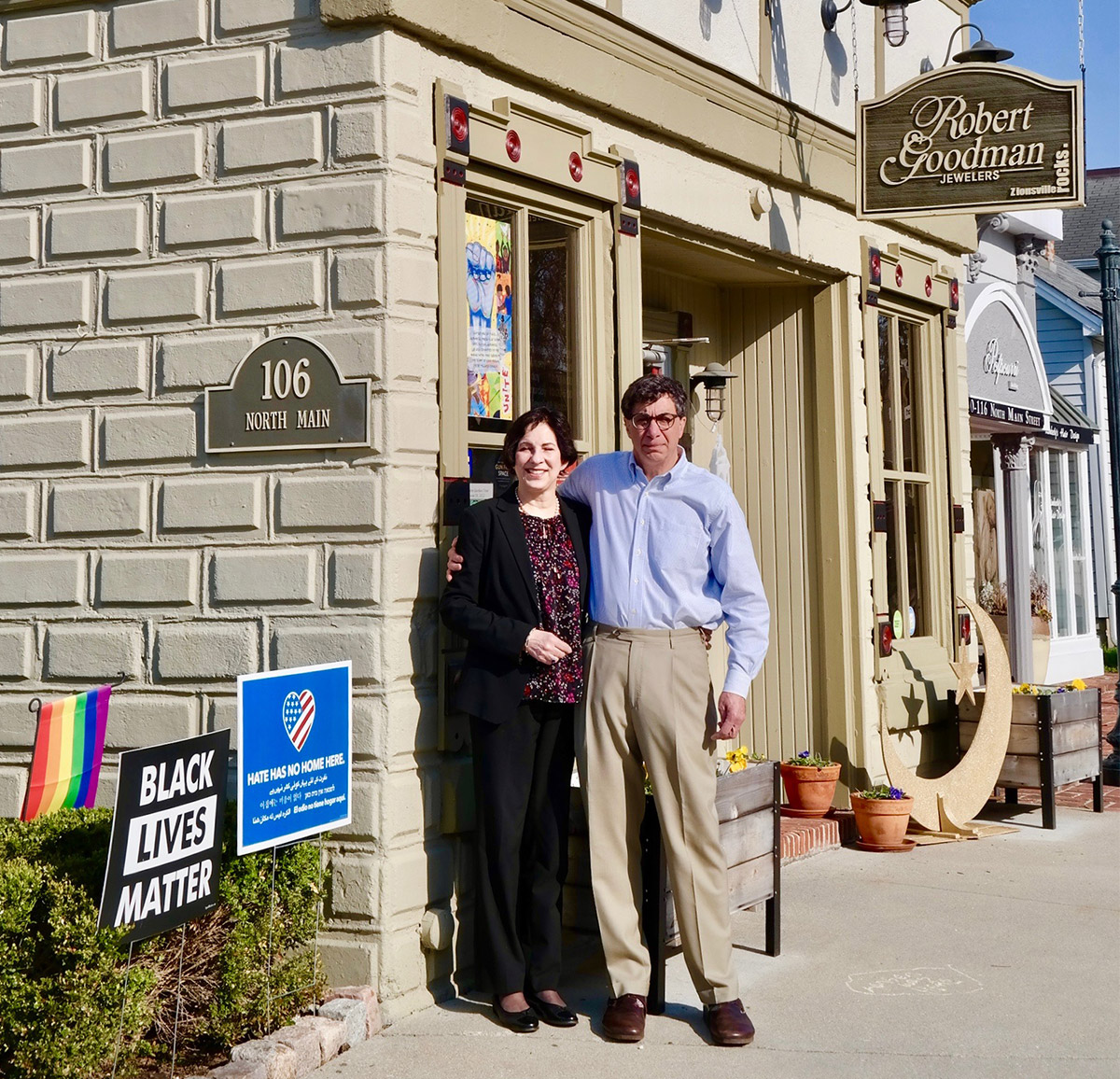
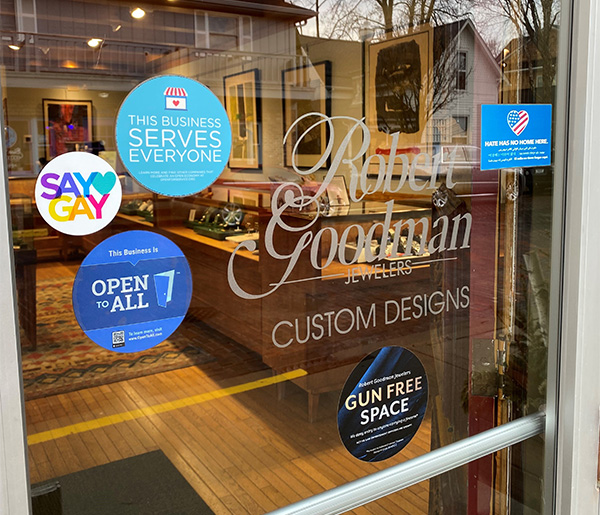
“You Are the Light”
Bob Goodman, owner of Robert Goodman Jewelers in Zionsville, Ind., is widely regarded as the jewelry industry’s most openly progressive retailer. For example, he and his wife and co-owner Rose-Marie Goodman have given out “Say Gay” stickers (to protest Indiana’s “Don’t Say Gay” bill); have decorated the store’s entry with rainbow banners (to convey their alliance with the LGBTQIA community); previously hosted the traveling Plan B art show (developed in fall 2022 in response to the Supreme Court’s overturning Roe v. Wade); in one instance banned a sales rep from their store (for allegedly being racist); and have designated their shop a gun-free zone (a big deal in Indiana, an open-carry state). And that’s just for starters.
While taking such demonstrative measures may not be in every jeweler’s comfort zone, Goodman believes there is an unspoken imperative for retailers to take a stand on social issues. “Whether you want to be a community leader or not, you are by default now,” he says. “What you can’t do is worry about what you’re losing. You are the light.”
However, Goodman finds some current events—specifically, the Israel–Hamas war—more difficult to address. “It’s not black-and-white,” he says. “We can’t look at this situation in as simplistic a way as some are handling it on social media. You need to understand the history and dynamics of the situation. This is a very big picture and a very tough and complicated conversation.”
For this reason, Goodman and his wife and co-owner, Rose-Marie, have been quiet on social media as they wrestle with their personal feelings about the situation in Gaza (both are Jewish). However, they are willing to talk about their views in the store with their customers when it comes up.
“We want people to come in and talk to us,” says Goodman. “We just ask for a civil and informed conversation because that’s how a civil society operates.”
Goodman often talks about the fact that he runs his store not according to a business model “which is based on greed”; instead, his approach is based on a “human model that takes people, social justice, and social responsibility into consideration and places these values above all else.”
But right now, as far as taking a position more publicly, they do not think a loud or hair-trigger response is the right approach.
“In my mind, the human model is not one side or the other. But in this situation, the human model is far more nuanced.”
While Goodman is laying low on Israel–Hamas, the opposite holds true for pretty much all other social issues. One thing that has worked well for the retailer in general is allowing its Facebook page to become an open forum for local political discourse, which, thanks to the platform’s algorithm, elevates consumer awareness of the store. But Goodman recommends the store’s policy of not responding to comments, no matter how nasty they may get. “We want our page to be an open forum for conversation and if we start commenting, we’re going to be manipulating that.”
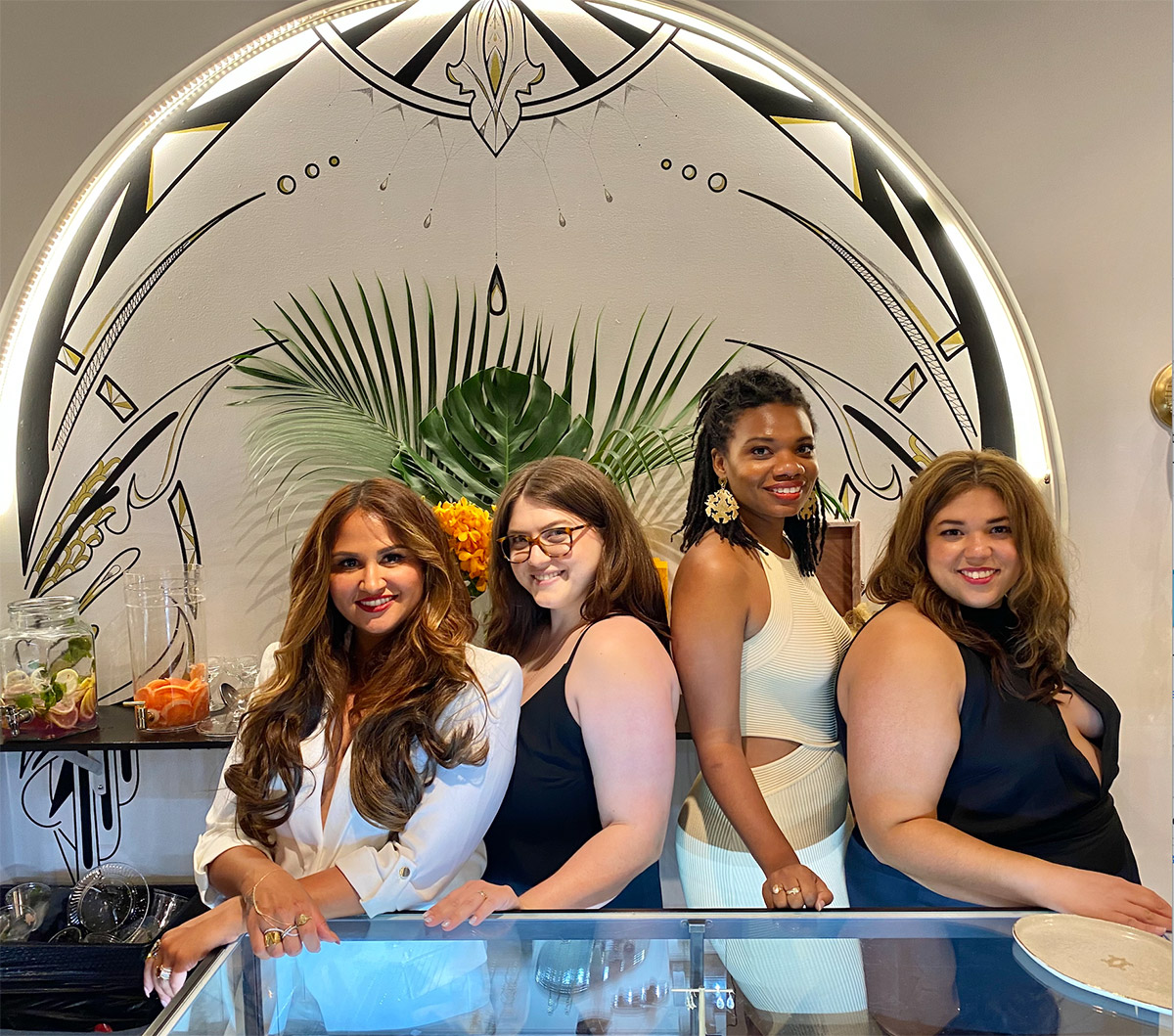
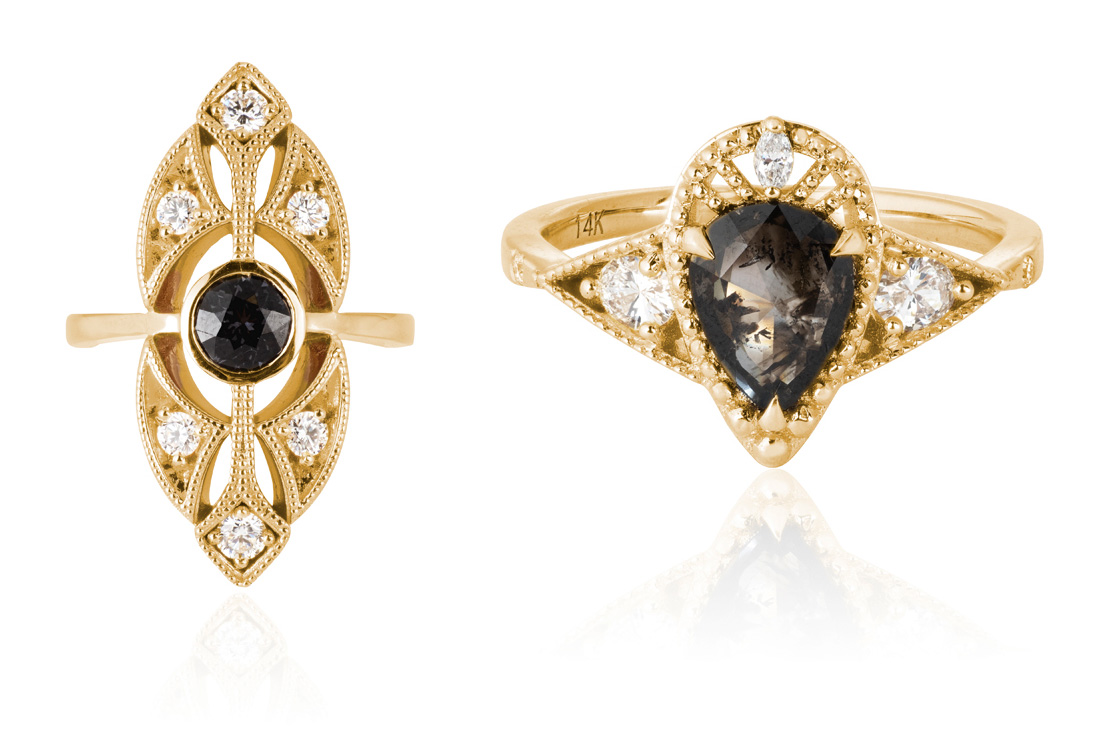
Actions Speak Volumes
If explicitly taking a stand one way or another, whether in-store or on social media, feels too risky, off-brand, or inauthentic, you can still show your followers what you believe in: inclusivity, for example.
“If you’re a neighborhood store, a store that is family-owned, people see your values, whether you choose to show them or not,” says Viviana Langhoff, owner of Adornment & Theory in Chicago. “They see where your philanthropy goes—whether you choose to put that forth in your marketing, or you don’t.”
Telegraphing a value of inclusivity, she says, can be as simple as carrying designers of various racial and ethnic backgrounds or responding to the question, “Do you have men’s jewelry?” with “All of our jewelry can be worn by anyone. If you’re looking for things that are a little bit more masculine-leaning, we have those pieces, but you can wear whatever you want.”
As part of a social media strategy, Langhoff also suggests posting items like, “This food pantry ran out of food—do you want to donate food or come help us serve a meal?” or “We’re closing early to go protest.” She says the store finds that “a lot of people are super-responsive” to posts like these.
In other words, doing something positive in the community—whether it’s sponsoring a neighborhood park cleanup or donating product to a local nonprofit’s fundraising auction—is a great place for retailers to signal their values and start conversations with their customers.
As Langhoff says of the show-don’t-tell approach, “We’re setting a table for people to sit down and eat and enjoy together. And trying to build a longer table as we go.”
Top: These Goodman-designed heart pieces sell for $90; $9 of each sale goes to Indianapolis’ Trinity Haven, which provides safety and support for LGBTQ+ youth facing housing insecurity.
